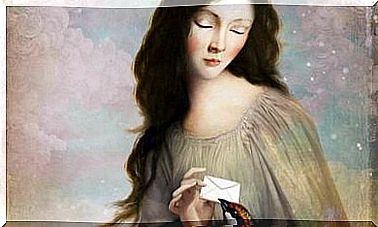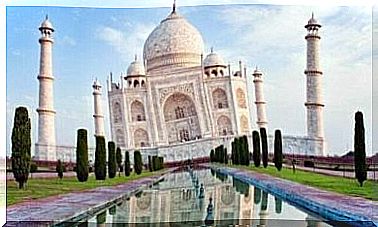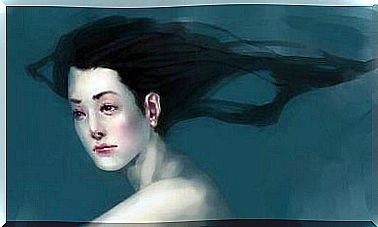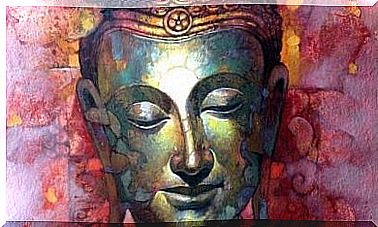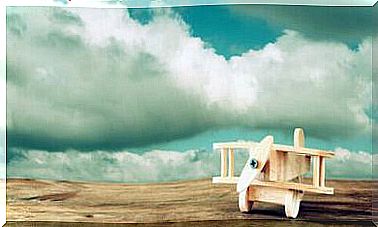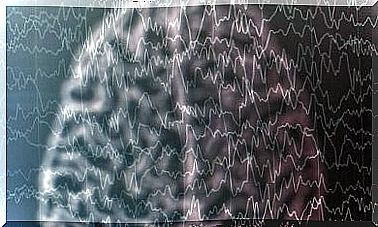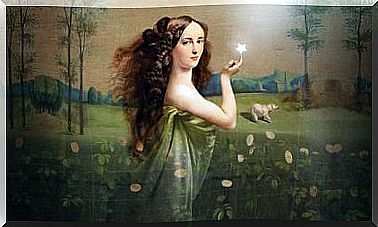Happiness Is A State Of Mind
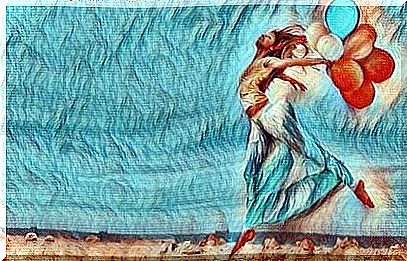
Books and conferences give us a seemingly complete, but extremely nested picture of and various formulas for happiness that are built around diffuse constants. However, many of them contain the same flaw based on a popular assumption: that happiness is to be found in our environment. On the top of a mountain, so to speak, that could only be reached via stony paths and steep slopes.
But before this panorama we have to ask ourselves a question: Why does there have to be a form of happiness that applies to everyone equally? A definition that serves me, my neighbor and the people on the other side of the planet alike? Happiness is always dependent on the circumstances in which we find ourselves and therefore an individual matter. Perhaps what we talk about in a complicated way is some form of happiness, like the mirage in the desert, which when we try to approach it only leaves a great void.
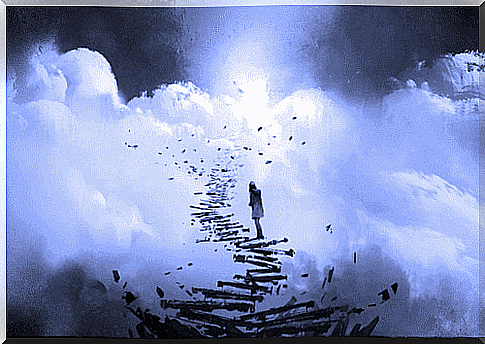
Searching in our environment is a mistake
Everything around us urges us to seek happiness “out there”. If we buy this new car, we’ll be happy; when we find a partner, we will finally feel satisfied. Advertising tempts us to bite the apple. It is so that we may experience joy, but not happiness – and that we confuse the two with one another.
Happiness seems to be more of a state, something that has more to do with what is permanent and less with things that will soon pass, like the bubbles of champagne. An echo that survives the emotions. No matter what happens, it will last. Perhaps what we are talking about here is the ability to put the pieces of what makes up our world together so that we can learn and feel at peace with ourselves.
“We are unable to find happiness in ourselves, so we desperately look for it in objects, experiences, ways of thinking or behaving that have increasingly strange traits. In short, we distance ourselves from happiness by looking for it in places where it doesn’t exist. “
Matthieu Ricard
The power of our thoughts
If happiness is a state of mind, then our thoughts are the main actors. This cast is motivated by our emotions or what happens to us and not always dependent on a script written according to our interests. The good thing about this script is that we can intervene in it. We just have to watch ourselves. For example, it can be helpful to practice meditation.
We have to identify the many automatic thoughts that we have in a day and pay attention to how many complaints, judgments, complaints and self-criticism they contain. Becoming aware of this can be very instructive. In this way we can discover a new part of ourselves, or reawaken that part that we have forgotten but never lost.
If we see a mistake as an opportunity, if we see parting from a job as a challenge, if we look to the job that we have always wanted to do, then we will take a great step towards this state of happiness. The fact of trading negative thoughts for positive ones is key to this.
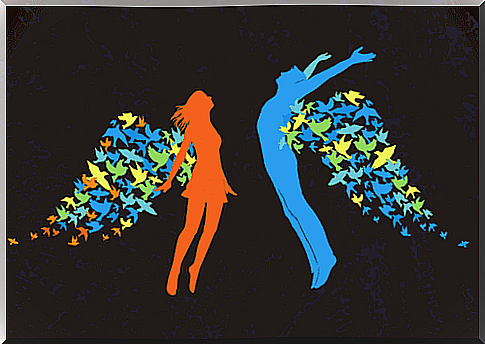
Feeling good doesn’t mean we have no more negative thoughts in our heads. Rather, it means that our minds do not feed them. As the man who is known as “the happiest man in the world”, Matthieu Ricard, explains, if we want to understand this, we should always think of the sea. Because although its surface is changed by the wind or a strong swell, the calm of the sea lies in its depth.
“By happiness I mean a deep sense of awakening that springs from an exceptionally sane mind. This is not just a pleasant sensation, a fleeting emotion, or a state of mind; it is the optimal state of being. Happiness is also a way of interpreting the world. Because although it may be difficult to change the world, it is always possible to change the way we see and perceive it. “
Matthieu Ricard
Many people see happiness as a kind of well-being, while others see it as balance. Not as something momentary, but as something permanent. For this to be possible, however, we need to find our own definition of happiness, tailor it to our needs, and fill their pockets with our personal desires.
We should move away from this kind of “truth about happiness” that arouses our interest in various advertisements. Only when we allow this space in our brain to be opened can we decide what to install in it. It’s not just about whether we buy something or not; it’s about making the right decisions.
